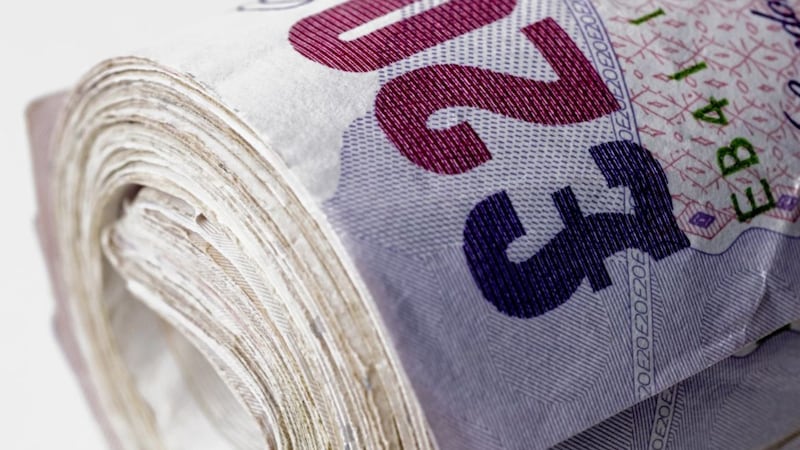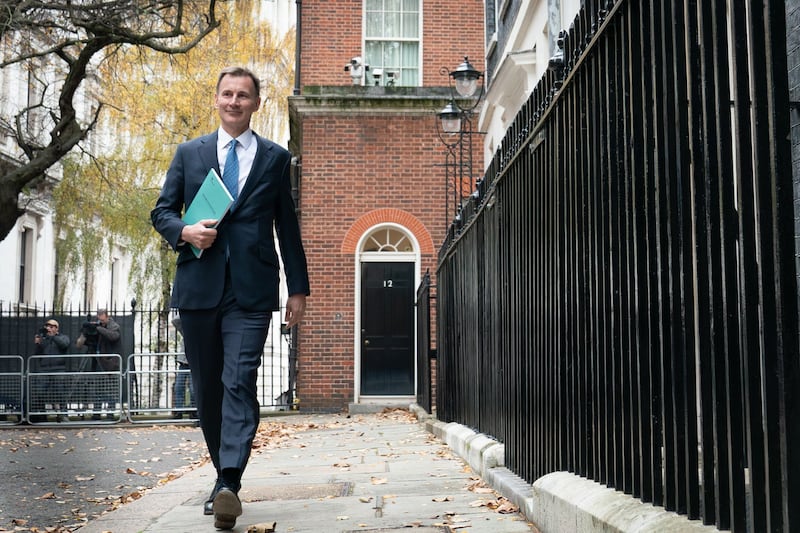THE growth of borrowing on credit cards, bank loans and car hire-purchase deals has eased, with consumer credit growing at its slowest pace for more than a year in July as household finances remain under pressure, new figures show.
The Bank of England's closely-watched Money and Credit report showed annual growth in consumer credit eased to 9.8 per cent - its lowest level since April 2016.
The amount borrowed reached £1.179 billion in July, down from £1.351 billion the month before as credit card lending dropped by 13 per cent to £440 million.
It comes as official figures released last week laid bare the sustained squeeze on households, with consumer spending growing by 0.1 per cent in the second quarter, down from 0.4 per cent for the first three months of the year.
Spending has been impacted by soaring inflation in response to the Brexit-hit pound, although the cost of living paused at 2.6 per cent in July.
The report also said mortgage approvals for house purchases were "stronger than recent months", picking up pace to levels seen at the start of the year.
There were 68,689 loans getting the green light in July, while approvals for re-mortgaging were also stronger at 46,231 for the period.
Loans to large non-financial businesses climbed by £8.2 billion last month, driven by a "large increase" in lending to manufacturers.
But lending to small and medium-sized firms dropped by £200 million in July.
Borrowing for private non-financial corporations recorded its biggest rise for three years at £8.9 billion for the period.
Samuel Tombs, chief UK economist at Pantheon Macroeconomics, said consumers had turned cautious, but there were signs that businesses were willing to invest.
He said: "The £8.9 billion increase in private non-financial corporations' borrowing from all sources in July-the biggest rise in three years-is the most eye-catching figure in the latest money and credit release.
"The surge in corporate borrowing, which follows June's similarly-hefty £8.7 billion increase, could be a sign that firms are about to invest more.
"This interpretation, however, jars with the recent decline in business confidence and the still subdued levels of surveys of investment intentions.
"It's more plausible, then, that the surge in corporate borrowing reflects firms fearing higher interest rates and locking in low borrowing costs."
The rapid increase in consumer borrowing in the past two years has alarmed authorities because it has been rising faster than wages and salaries.








